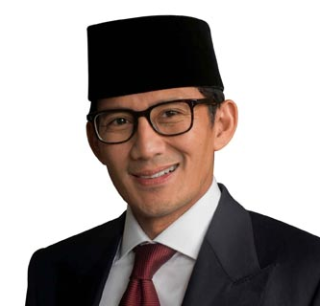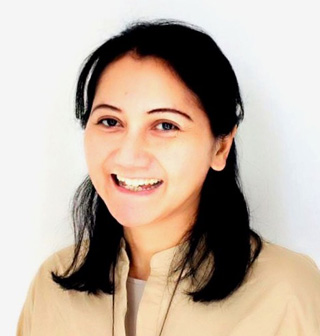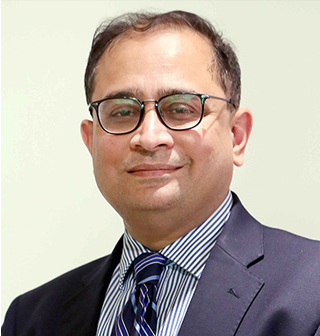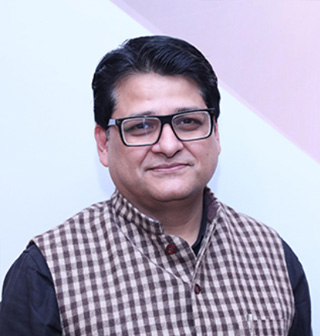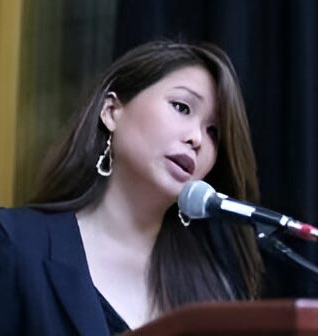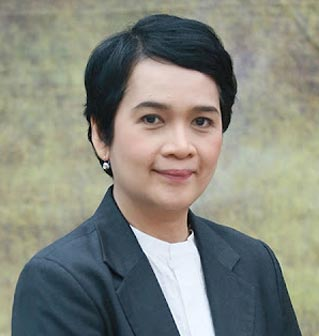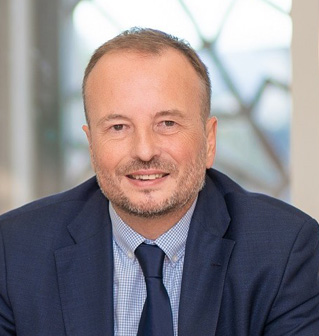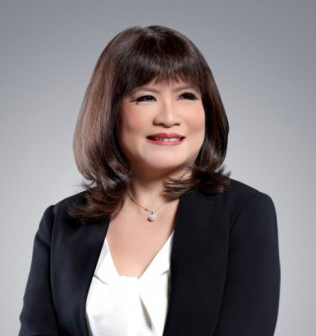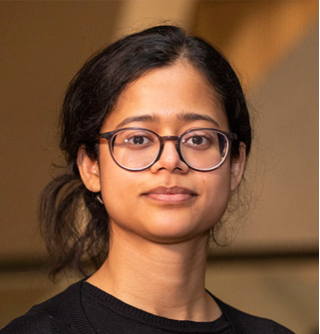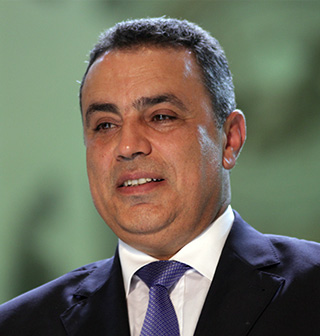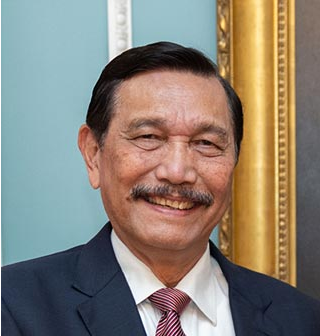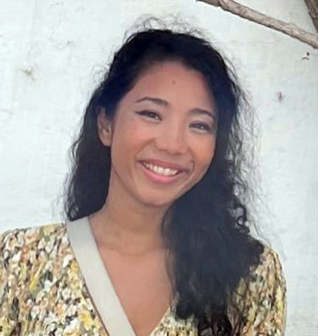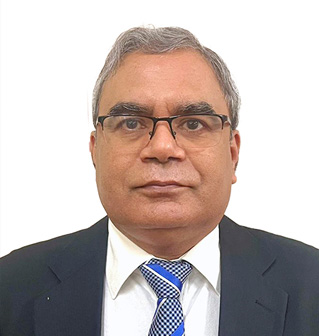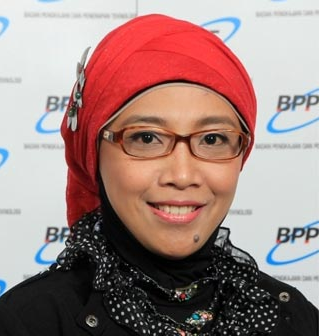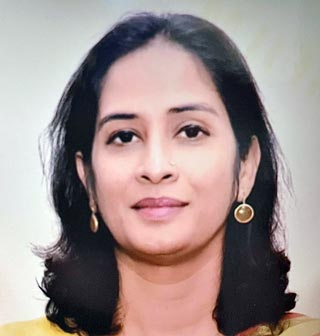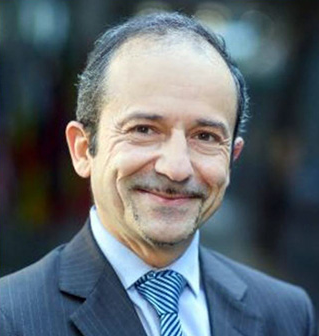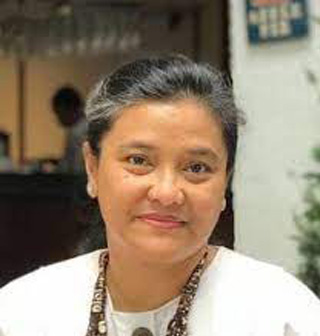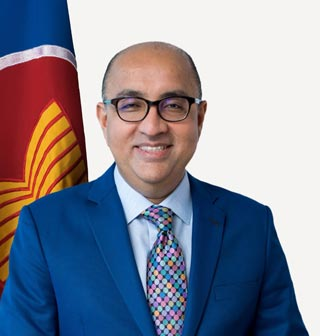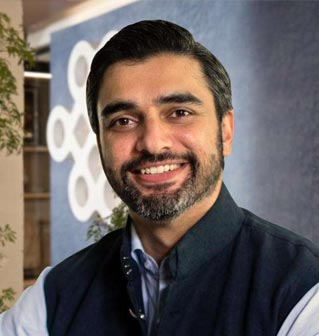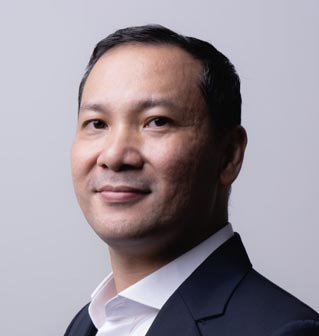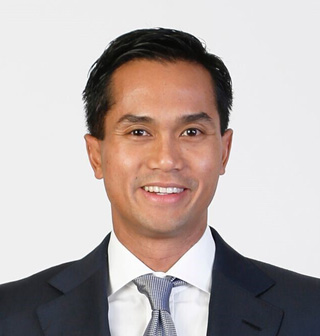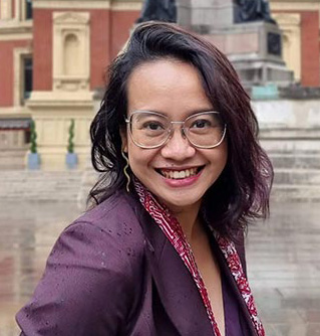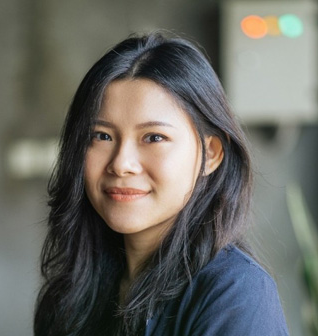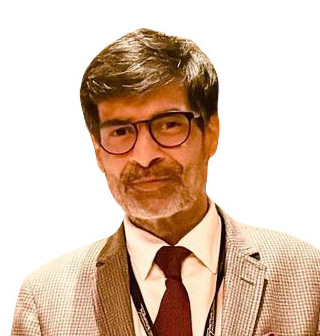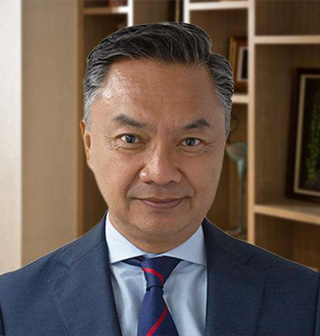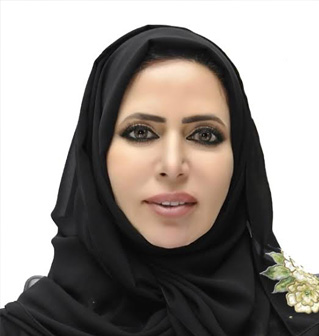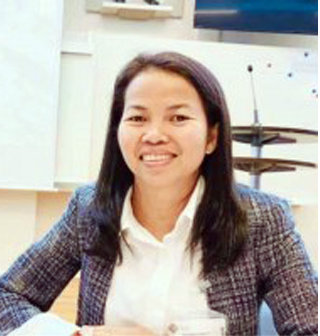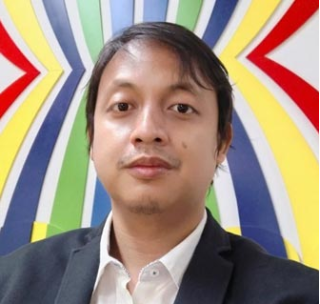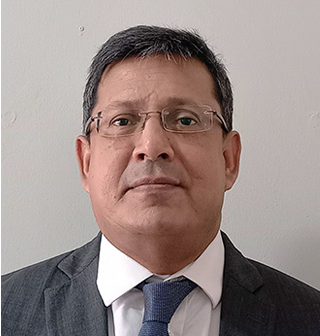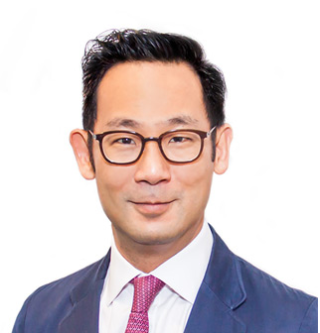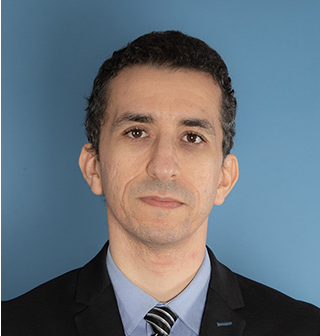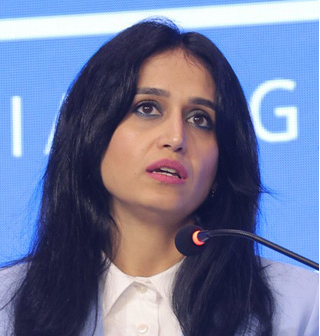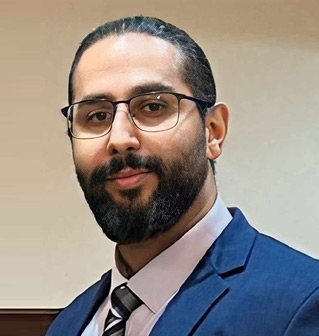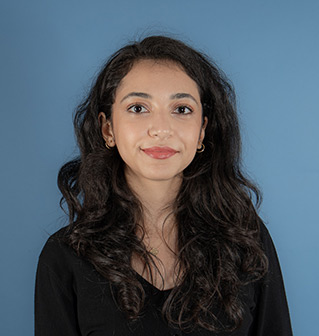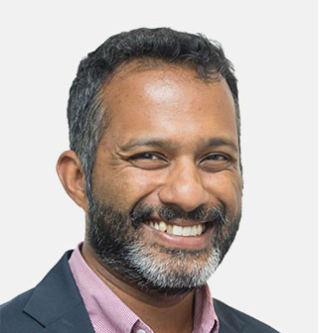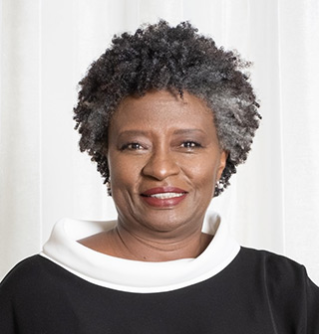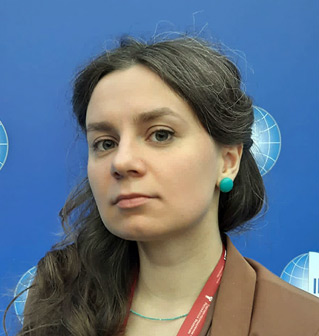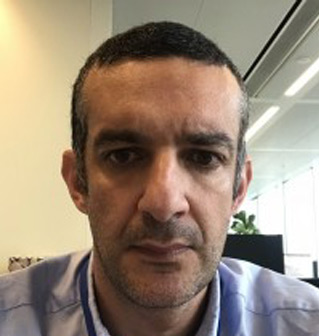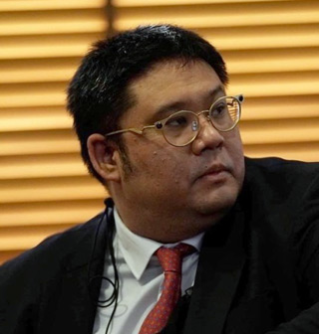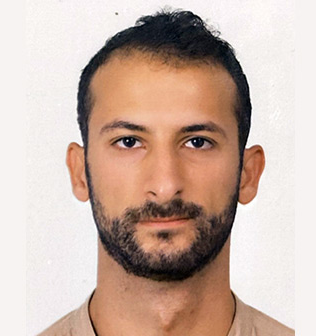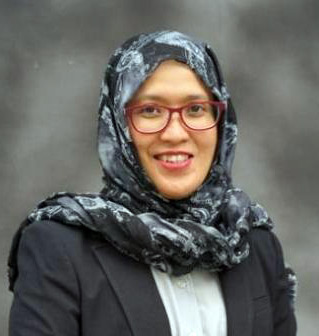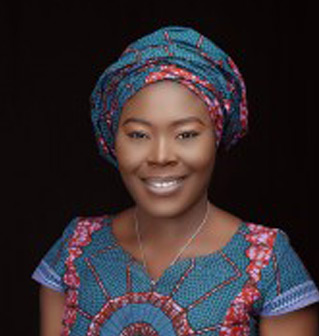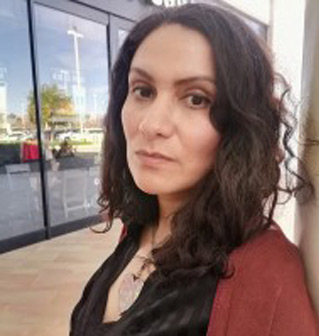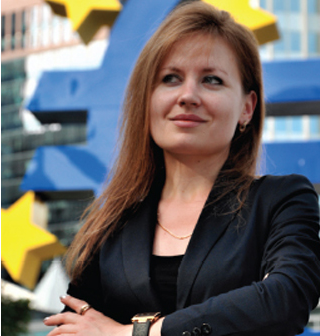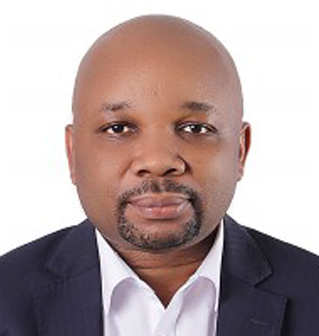
1. INTRODUCTION
The relationship between Indonesia and India is of crucial importance for the South Asian and Southeast Asian regions. With both countries emerging from consecutive and impactful G20 presidencies in 2022 and 2023 respectively, their complementary strengths have become more pronounced than ever before.
As two of the largest economies in the region, efforts to advance trade and investment ties could further strengthen regional growth and economic diversification. Bilateral trade between India and Indonesia has been on an upward curve, growing eightfold since 2005, and reaching US$ 38 billion in 2023. Both countries occupy strategic locations in the Indian Ocean and Pacific regions, and this opens up myriad possibilities for contributing to maritime stability and security. As recently as 2023, for instance, the Indian and Indonesian navies hosted the 41st edition of their Coordinated Patrol (CORPAT) exercise to bolster maritime cooperation.
Other major areas of ongoing and potential collaboration include climate action, where India and Indonesia are among the only four large economies on track to meet the Paris Agreement goals, based on their pledged climate targets for 2030; scientific and technological innovation, where both nations have been working together in multiple areas including R&D, the development of active pharmaceutical ingredients, digital health, and human resource harnessing and skilling since 2018; and the promotion of women’s empowerment and leadership, to which both countries remain firmly committed.
2. THE PROPOSED EVENT
On 2–3 May 2024, the Observer Research Foundation (ORF) and the Foreign Policy Community of Indonesia (FPCI), with the support of the Embassy of India in Jakarta, will co-host a two-day international conference entitled “Jakarta Futures Forum: Blue Horizons, Green Growth”. As outlined below, the forum will comprise an inaugural plenary, and four thematic pillars.
The event will be attended by 100 participants, including representatives of governments, multilateral organisations, the private sector, civil society and the startup community. Each pillar will involve a mix of keynotes, plenaries/panel discussions, and experts ’conversations.
3) THE THEMATIC PILLARS:
- PILLAR 1 | CAPITALISING ON CLIMATE: ROAD TO A SUSTAINABLE FUTURE
India and Indonesia, as populous nations facing significant climate challenges, have the potential to play a pivotal role in shaping climate action. The impact of climate change is being felt most acutely in the Global South, widening already-existing inequalities and undermining efforts for development. According to a World Bank report, the ecological crisis might drive up to 135 million people into poverty by 2030. Both countries have made major strides in climate action, particularly in areas of green transition, resource efficiency and sustainable management of marine resources. Collaborative efforts between India and Indonesia could significantly enhance their climate resilience and contribute to global efforts to mitigate climate change. Leveraging bilateral ties to share best practices, innovations, and policies would foster effective cooperation between various stakeholders, and accelerate progress to achieving sustainable development in the region.
- PILLAR 2 | CLAIMING THE DIGITAL HORIZON
Emerging markets like India and Indonesia have unlocked economic and social opportunities driven by strategic investments and policy support to accelerate digital innovation. These have led to transformative macroeconomic impacts driven by digital economies of scale. Digital public infrastructures (DPIs) and fintech innovations have been two key catalysts in this journey, enabling at-scale proliferating innovation and growth. While DPIs provide the foundational support on top of which newer innovations can be built, fintech helps capture digital dividends through integrated service transformation. Understanding the role of bilateral ties in leveraging complementarities across the digital transformation journeys of both countries would help strengthen cooperation across strategic sectors, accelerate market access for domestic companies, and provide an impetus to economic growth trajectories in both countries.
- PILLAR 3 | THE ROAD TO EQUALITY: INVESTING IN WOMEN-LED SUSTAINABLE DEVELOPMENT
Gender equality stands as a critical cornerstone in the pursuit of resolving pressing global concerns such as economic instability, inadequate healthcare provisions, climate change repercussions, and the surge in conflicts worldwide. Women, particularly in the Global South, are disproportionately affected by these multifaceted challenges. They not only bear the brunt but can also bring forth invaluable insights and leadership crucial for their effective resolution. Investing in women-led development is, therefore, paramount in facilitating their ascension into leadership positions and ensuring their equitable participation in socio-economic life. This approach may prove integral to the realisation of the 2030
Agenda and serve as a catalyst for transformative change that benefits entire communities and societies worldwide.
Programme
Thursday, May 2, 2024
Registration
Inaugural Remarks
Dr Samir Saran, President, Observer Research Foundation, India
Dr Dino Patti Djalal, Founder and Chairman, Foreign Policy Community of Indonesia, Indonesia
Signing of MoU between the Observer Research Foundation and Indo-Pacific Strategic Intelligence
Dr Curie Maharani Savitri, Executive Director, Indo-Pacific Strategic Intelligence (ISI), Indonesia
Dr Samir Saran, President, Observer Research Foundation, India
Inaugural Plenary
Charting New Horizons: Navigating the Evolving Landscape of India-Indonesia Relations in the Indo-Pacific
India and Indonesia stand as prominent drivers of economic growth amidst a backdrop of global market downturns. Both countries boast large, youthful populations with diverse ethnicities and languages. Despite this, they maintain open economies, with trade contributing around 40 percent of GDP and welcoming foreign investments.
Yet, the journey of economic catch-up is far from over, with the two nations placed in the "lower-middle-income" bracket, but hungry for more. This narrative is not just about economies growing in the shadow of global shifts; it is a story of two nations leveraging their unique strengths, charting bold and independent courses, and setting the stage for a future where they are not just participants but leaders on the global economic stage
- What could the future growth strategies for the two Asian giants be?
- How can they synergise efforts, initiatives, and endeavours to create a “double engine of growth” in the Indo-Pacific region? In what areas of geopolitics, geoeconomics, and technology could they collaborate?
- Given the vast stretch of the Bay of Bengal shared by the two economies, how can they optimise their use of the blue economy?
- Can India and Indonesia work on a new model of growth driven by the SDGs and human capital without compromising their climate goals? Can that be a replicable model of development for the Global South?
Keynote Speaker
H.E. Sandiaga Uno, Minister of Tourism and Creative Economy, Indonesia
Speakers:
Prof. Poppy Sulistyaning Winanti, Distinguished Lecturer of International Relations, Universitas Gadjah Mada, Indonesia
Dr Shofwan Al Banna Choiruzzad, Senior Fellow, Foreign Policy Community of Indonesia, Indonesia
H.E. Sandeep Chakravorty, Ambassador of India to Indonesia and Timor Leste
Prof. Harsh V. Pant, Vice-President – Studies and Foreign Policy, Observer Research Foundation, India
Moderator:
Amanda Tan, Investment Specialist, Asian Development Bank
Friday, May 3, 2024
Registration
Synergising Digital Transformation: Unlocking Potential Innovation and Seizing Digital Economy Opportunities
Foundational digital public infrastructure plays three roles - mediating the flow of people (through a digital ID system), money (through a fast payment system), and information (through consent-based data-sharing systems). India became the first country to build all three foundational DPIs. For countries where DPIs are being adopted or adapted today, these building blocks are addressing a clear need, and becoming a potential game-changer across sectors. Moreover, the rise of fintech has also had positive cascading effects on financial inclusion and the expansion of digital commerce and entrepreneurship.
- Can regional innovation ecosystems, including startups, be enthused to build newer applications atop DPIs?
- How can bilateral technological cooperation on standards, protocols, and digital public goods like UPI support cross-border fintech innovation ecosystems?
- How can knowledge and skill exchange build technical capacities for start-up and innovation fuelled digital commerce?
- How can bilateral and multilateral technological cooperation between countries help the transitions of MSMEs to the digital market?
Keynote Speaker
Mira Tayyiba, Secretary General of Ministry of Communication and Informatics, Indonesia
Speakers:
Olivier Crespin, Program Director, Centre for Finance, Technology and Entrepreneurship, United Arab Emirates
Yohanes Lukiman, Chair of the E-Commerce Committee for Digital, Indonesian Employers, Indonesian Employers Association (APINDO)
Marc Robinson, Founder and CEO, Lions Paw Digital, Singapore
Anulekha Nandi, Fellow, Observer Research Foundation, India
Moderator:
Pavlina Pavlova, STMIC Fellow, New America, United States
Blue Economy: Exploitation to Sustainable Utilisation
The growth hubs of the Indo-Pacific will be pivotal in shaping the future blue economy. However, challenges such as overfishing and marine pollution, particularly plastic waste, pose significant threats to sustainable marine resource management. Additionally, vulnerable coastal populations rely disproportionately on coastal and marine ecosystems for provisioning, regulating, and cultural services. International collaborations in technology, sustainable fishing, marine planning, and pollution control will be crucial towards building a prosperous global blue economy.
- How can countries collaborate to ensure the sustainable utilization of marine resources while protecting the marine environment and biodiversity?
- What are the opportunities and challenges in enhancing maritime connectivity and trade in the Indo-Pacific and how can these be addressed?
- How can countries in the Indo-Pacific develop strategic partnerships with a broader set of partners to bring in investment into the blue economy?
Keynote Address:
H.E. Luhut Binsar Pandjaitan, Coordinating Minister of Maritime and Investment Affairs, Indonesia
Speakers:
Dr Yose Rizal Damuri, Executive Director, Centre for Strategic and International Studies (CSIS), Indonesia
Malshini Senaratne, Assistant Head of Department, Faculty of Business and Sustainable Development, University of Seychelles, Seychelles
Shanakiyan Rasamanickam, Member of Parliament, Sri Lanka
Shrikumar Suryanarayan, Chairman and Managing Director, Sea6 Energy, India
Moderator:
Innandya Kusumawardhani, Co-founder and Chief Operating Officer, CarbonEthics, Indonesia
Keynote Address
Why Africa Matters in the Indo-Pacific
Mehdi Jomaa, Former Prime Minister, Tunisia
International Cooperation for Facilitating A Just and Inclusive Energy Transition
The energy trilemma of security, affordability, and sustainability is at the core of the energy transition for the Global South. While the imperative for a just transition is well established, the path to achieving it remains unclear. India has taken decisive steps towards an ambitious energy transition agenda, exemplified by its commitment to reach net zero by 2070 and achieve 500 GW of renewable capacity by 2030. Similarly, Indonesia is actively advancing its energy transition with resilient policy frameworks, such as the National Energy Policy and collaborations with developed nations through JETPs. However, significant hurdles persist. Collaboration, innovation, and partnerships are essential to create the right landscape for a just energy transition in these regions.
- What measures can be taken to enhance international cooperation, including partnerships between the public and private sectors, in order to support and advance energy transition initiatives across the Indo-Pacific?
- What forms of assistance, such as financing, technology transfer, and capacity development, are required to overcome existing obstacles in the pursuit of energy transition goals?
- How can countries cooperate to build out equitable and diversified supply chains for critical minerals essential for the energy transition?
Keynote Speaker:
H.E. Indra Mani Pandey, Secretary General, BIMSTEC
Prof. Eniya Listiani Dewi, Director General, New, Renewable Energy and Energy Conservation, Ministry of Energy and Mineral Resources, Indonesia
Speakers:
Bandana Preyashi, Secretary, Department of Environment, Forest and Climate Change, India
Dr Naoyuki Yoshino, Professor Emeritus, Keio University, Japan
Jean Pierre Marcelli, Regional Director for South East Asia, Agence Française de Développement, Thailand
Moekti Handajani Soejachmoen, Co-Founder and Executive Director, Indonesia Research Institute for Decarbonization, Indonesia
Moderator:
Kirtbir Chahal, Head of Strategy and International - Nuclear Skills, Department for Energy Security and Net Zero, United Kingdom
Sapphire 2
Working Lunch (Closed-door; By Invite Only)
ASEAN-BIMSTEC Collaboration and Cross Learnings
As the Indo-Pacific gains global prominence, the role of the ASEAN and BIMSTEC will become increasingly relevant. Finding convergence across the priorities of both groups and enabling greater collaboration will be crucial to ensure greater economic prosperity in the region and building out strategic partnerships with the rest of the world. The unique experiences of these two groupings also creates the scope for experience sharing across a variety of critical sectors including investment and trade, climate action, food security, and ocean governance.
This roundtable will bring together leading experts in government and the private sector to identify a blueprint for establishing greater synergies between the two groupings.
- Learning from the ASEAN experience, how can the two groupings work together to catalyse trade and investment in the region? Which are the sectors where private investors are showing greatest interest?
- As the impacts of climate change accelerate, how can countries work together to ensure long-term food security in these regions?
- What are the existing governance structures, processes, and institutions for the blue economy in the ASEAN and the BIMSTEC? How can the two institutions collaborate to develop best practices for holistic blue economy governance?
Keynote Address:
H.E. Indra Mani Pandey, Secretary General, BIMSTEC
H.E. Satvinder Singh, Deputy Secretary General, ASEAN Economic Community
Interventions:
H.E. Md. Tarikul Islam, Ambassador of Bangladesh to Indonesia
Dr Kimlong Chheng, President, Asian Vision Institute, Cambodia
Sonam Yangchen, Health Policy and Systems Researcher, Bhutan
Moderator:
Aman Raj Khanna, Managing Director - South Asia, The Asia Group, India
Charting an Electric Future: Partnerships for Green Mobility Leadership
The long-term success of the electric vehicle (EV) transition hinges on the widespread adoption of these vehicles in the burgeoning growth centers of the Global South. Within these regions, individual countries possess distinct advantages that can be strategically harnessed to propel the entire EV ecosystem forward and address the challenges stemming from the concentration of the supply chain in a handful of geographies. For instance, While India boasts a robust vehicle manufacturing base, Indonesia holds key mineral resources vital for a thriving battery ecosystem. Partnerships within the Global South can provide a significant impetus to creating a more equitable landscape for EVs, thereby bolstering domestic EV policies and fostering a more inclusive approach to sustainable transportation.
- What are the key challenges that emerging and developing economies face in scaling up their domestic EV ecosystem? How can international partnerships help resolve some of the challenges?
- How can nations synchronise their domestic EV policies to foster cooperation rather than contestation?
- In what ways could such partnerships contribute to broadening the supply chain for EVs, notably in the realm of battery production?
- How can this partnership facilitate the uptake of zero-emission vehicles in sectors like heavy-duty trucks and shipping, where solutions are currently scarce?
Keynote Speaker:
Rachmat Kaimuddin, Deputy for Infrastructure and Transportation Coordination, The Coordinating Ministry for Maritime and Investment Affairs, Indonesia
Speakers:
Anindya Bakrie, President Commissioner, VKTR Mobility Technology, Indonesia
Wini Rizkiningayu, Principal, South East Asia Program, Rocky Mountain Institute, Indonesia
Aishwarya Raman, Executive Director, OMI Foundation, India
Tran Quoc Huy,Chief Executive Officer, VinFast, Indonesia
Moderator:
Clorinda Wibowo, Energy Manager, World Resources Institute, Indonesia
Her Creative Nexus: Amplifying Voices for Women-led Development and Innovation
Investing in women-led development is crucial for addressing pressing global challenges such as economic instability, healthcare disparities, climate change, and rising conflicts. Quantifying and internalizing women's contributions in the care economy, along with investing in care infrastructure, are vital steps to enhance economic participation. Additionally, supporting women entrepreneurship, especially in the rapidly expanding creative economy, offers a potent avenue to amplify women's voices in the development discourse.
- What are the key challenges faced by women entrepreneurs in accessing funding and scaling, and how can these be addressed through collaborative efforts?
- How can countries leverage their cultural heritage and creative talents to harness the potential of women-led development in the creative economy?
- How can we countries stimulate investments in the care economy that enable women to balance unpaid care work with paid employment or entrepreneurship?
Speakers:
Andhyta Firselly Utami, Founder & CEO, Think Policy, Indonesia
Dr Ebtesam al-Ketbi, President, Emirates Policy Center, United Arab Emirates
Meach Sotheary, Deputy Director, Gender Equality Department, Ministry of Women's Affairs (MoWA), Cambodia
Bhavna Laroya Anand, Director, Akraya International, Indonesia
Moderator:
Sonam Yangchen, Health Policy and Systems Researcher, Bhutan
Closing Remarks & Vote of Thanks
Promit Mookherjee, Associate Fellow, Observer Research Foundation, India





